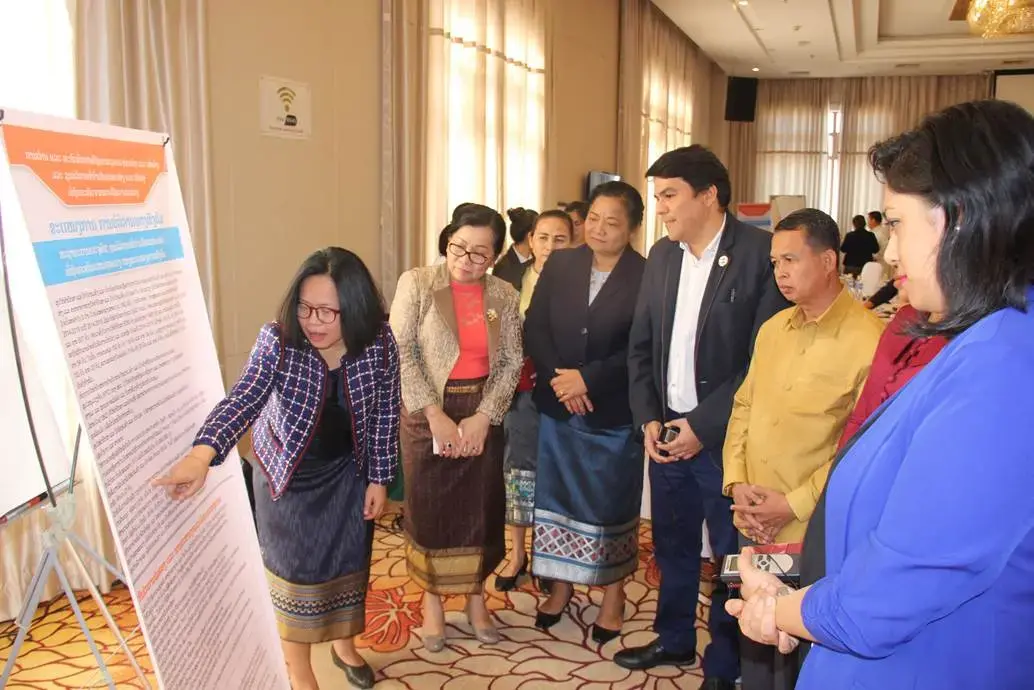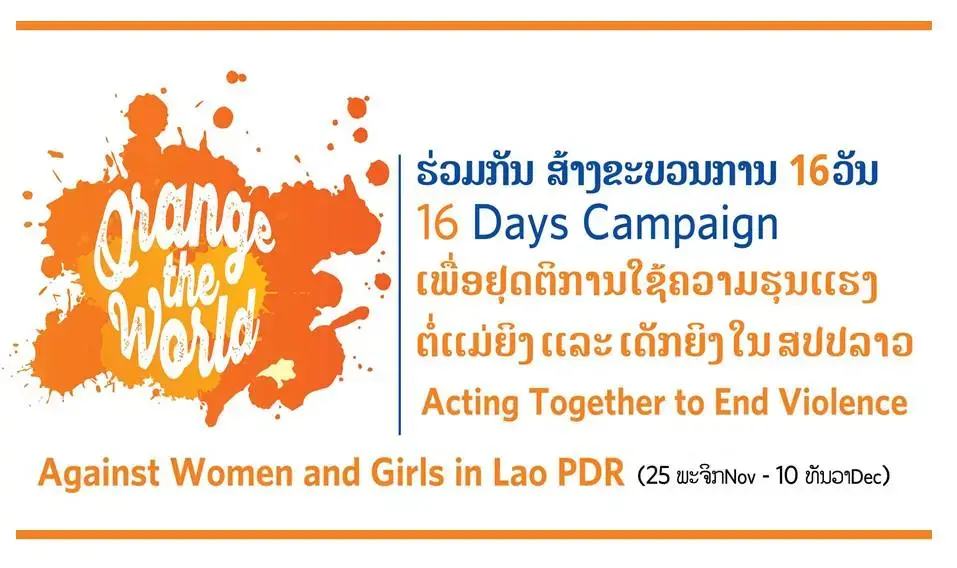
GENEVA, 19 May 2011-- 16 countries, including Lao PDR, announced new commitments to dramatically reduce maternal, newborn and child mortality, as part of the Global Strategy for Women's and Children's Health.
"Political and financial support for action on women's and children's health is reaching new and encouraging heights. The commitments build on the momentum of recent months, and prove that saving the lives of the most vulnerable can attract support at the highest levels,'' says Ban Ki-moon, the United Nations Secretary-General, who is leading the Every Woman Every Child campaign to accelerate progress on Millennium Development Goals 4 (child mortality) and 5 (maternal health).
"The commitments by countries today demonstrate that we are on the verge of a tipping point," says Dr. Babatunde Osotimehin, the Executive Director of UNFPA. "Countries in different regions and situations are stepping forward as the Global Strategy catches fire."
New country commitments
New commitments were announced by Burundi, Chad, the Central African Republic, Comoros, Guinea, Kyrgyzstan, the Lao People's Democratic Republic, Madagascar, Mongolia, Myanmar, Papua New Guinea, Sao Tome and Principe, Senegal, Tajikistan, Togo, and Viet Nam.
The Lao People's Democratic Republic commits to provide free deliveries in order to ensure access to the most vulnerable; produce 1500 new midwives by 2015 by upgrading existing staff and training and recruiting new staff; and increase immunization from 67% to 90% by 2015. Lao PDR will also increase the proportion of couples with access to modern contraception and the proportion of births attended by a skilled attendant.
'''The Global Strategy is an unprecedented opportunity to help the women and children who need it most. The commitments made by Members States, donors and other partners are an impressive signal that we collectively take responsibility to achieve the health-related Millennium Development Goals and save more women's and children's lives,'' says World Health Organization Director-General Dr. Margaret Chan.
"Focusing on the women and children in greatest need is not only the right thing to do, it moves us faster and most cost-effectively towards meeting the health Millennium Development Goals," says Anthony Lake, UNICEF Executive Director. "By choosing to redouble their efforts on maternal and child health, these 16 nations are not only saving lives, they are making an investment in their future."
The commitments, made with the support of UNAIDS, UNFPA UNICEF, the World Bank and WHO (collectively known as the H4+ agencies), focus on measures proven effective in preventing deaths, such as increased contraceptive use, attended childbirth, improved access to emergency obstetric care, prevention of mother to child transmission of HIV, and childhood immunizations.
Midwives: a human resources solution for women's and children's health
"At least ten of the 16 countries making new commitments want to increase the number of midwives. Midwives deliver babies safely, provide family planning, nutrition advice, and services for the prevention HIV/AIDS,'' says Dr. Osotimehin.
A new report on the State of the World's Midwifery will be released in Durban, South Africa, on 20 June, 2011. The report will highlight progress but also gaps in the need for midwives in developing countries. For example, in sub-Saharan Africa and Asia, as many as 1 in 2 women give birth alone.
African states commit to women and children's health
Nine of the 16 countries committing today represent the African continent. These commitments come in addition to the 18 made in September 2010 by African States, bringing the total of African countries having committed to the health of women and children to 27.
These commitments to the Global Strategy follow a Declaration by Heads of States at the 2010 July Summit of the African Union to strengthen efforts to improve maternal, newborn and child health and a March 2011 Resolution by African Ministers of Finance and Budget to improve health investment and strengthen their dialogue with health counterparts.
Release of new recommendations
As part of the Global Strategy, new recommendations were also released today by the Commission for Information and Accountability for Women's and Children's Health, including to ensure that future commitments are spent as most needed.
The Global Strategy was launched in September 2010 to reduce maternal, newborn and child mortality in developing countries, with $40 billion in commitments.
It built on existing efforts, such as the Campaign to Accelerate Reduction of Maternal Mortality in Africa, and attracted 90 different partners from government, the private sector, foundations, health care professionals, and non-governmental organizations.
''The Global Strategy has created a rallying point for all countries to be part of a global conversation about women and children,'' says Dr. Julio Frenk, Chair of the Board of the Partnership for Maternal, Newborn and Child Health (PMNCH), and Dean of the Harvard School of Public Health.
Analysing Global Strategy commitments
The $40 billion committed to the Global Strategy is currently being analysed by PMNCH. A report will be released in September 2011.
''The 2011 report will be a practical response to the Commission's call for greater clarity on the $40 billion, which includes financial, policy and service delivery commitments,'' says Dr. Frenk.
''We will also look at trends. For example, so far, analysis shows increased support for family planning. This is very good news, as improving access to family planning is highly effective in reducing maternal deaths and newborn deaths," he added.
***
For more information please contact:
Mr. Diego De La Rosa
UNFPA
Tel: (+856 21) 315547 begin_of_the_skype_highlighting (+856 21) 315547 end_of_the_skype_highlighting
Mobile: (+856) 020 77791053
drosa@unfpa.org




